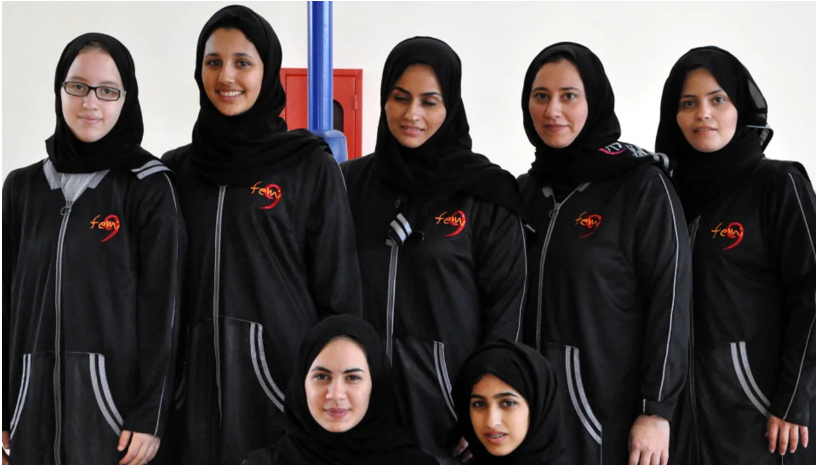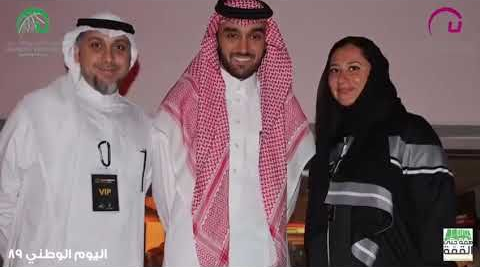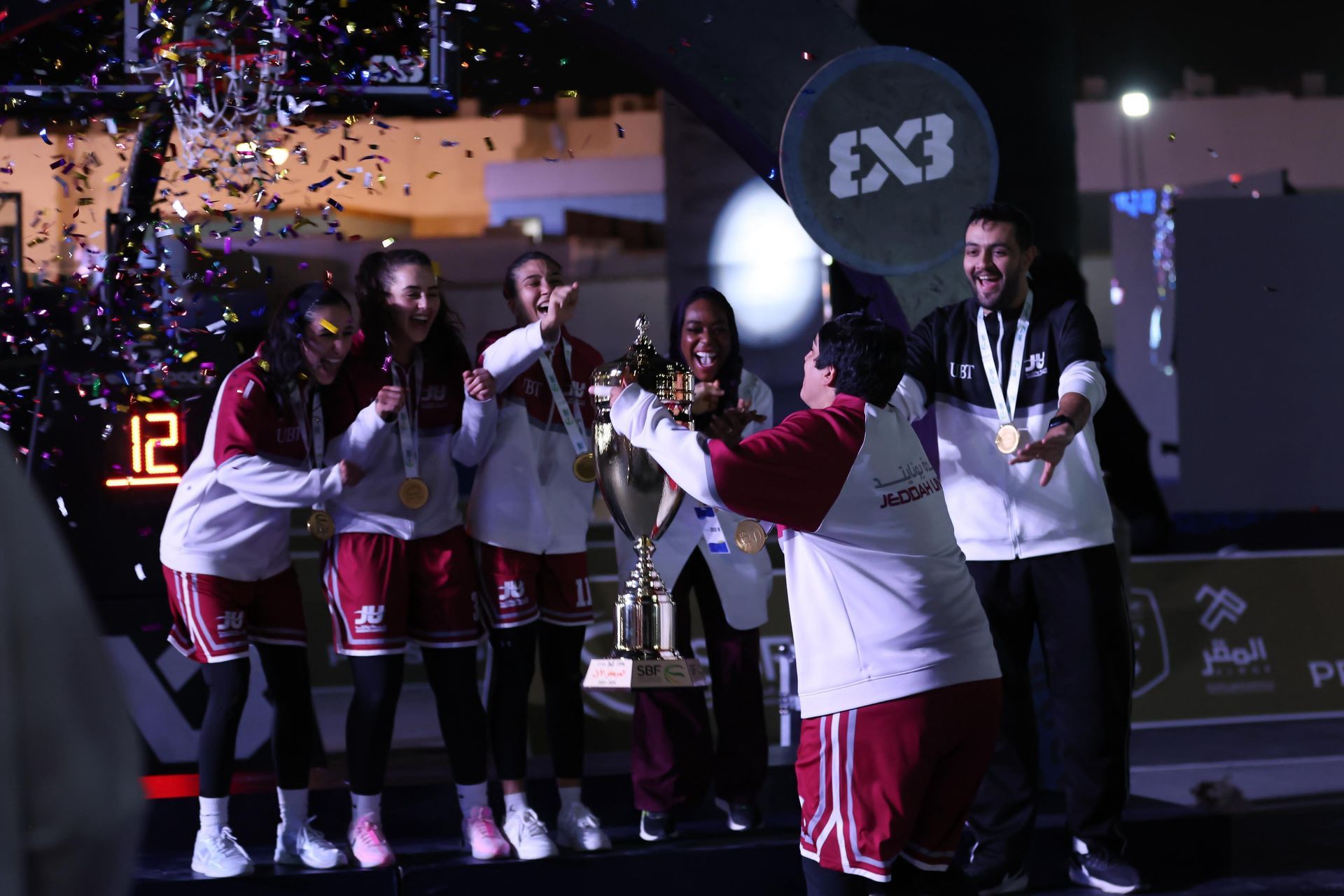Saudi women slam dunk sports taboo
Saudi women slam dunk sports taboo

But the female athletes of Jeddah United, based in Saudi Arabia’s second-largest city, say that, although sport remains a minority pursuit among women in their country, attitudes are slowly changing.
“Four years ago it was more of a taboo to talk about,” said team captain Leena Al Maeena. “Today, there’s more acceptance. There’s a lot more companies willing to support us. So, I really think as a society we are evolving.”
Perhaps the biggest symbol of this shift was Saudi Arabia’s announcement last month that it would allow female athletes to compete at the Olympics for the first time at the 2012 Games.
Previously, the kingdom has been one of only three countries – along with Brunei and Qatar – that banned women from competing. All have now dropped the policy.
Yet no female athletes have been identified so far to represent Saudi Arabia in London, and if women are sent to compete, they will still face restrictions. Women athletes must have their male guardian’s permission and be accompanied by him to all events, wear appropriate Islamic dress, and refrain from mixing with men during the event.
Jeddah United’s Hadeer Sadagah, 18, dreams of someday competing at the Olympics, but said: “The society is still not accepting of Saudi women playing sports.”
But Al Maeena says attitudes towards female athletes are changing, and much of the reason is growing public awareness of the health benefits of sport. Basketball helped her overcome post-partum depression following the birth of her first child. “I felt like I needed something to get better,” she said. Others in the team had played basketball to help them in their battle with eating and body-image disorders.
“It really helped all these women. They went back to their normal lifestyle,” Al Maeena said. “We just looked at it as something not just from an entertainment point of view. It’s bigger than that.”

New While the women still receive criticism from conservatives, it does not deter them from taking to the court.
“We’re having fun, we’re all girls. We’re doing something that’s healthy for our bodies and our minds,” said 24-year-old Nour Fitiany.
Al Maeena said she hoped the team’s example would help encourage public debate about women in sport, and demonstrate to “the opposing segments in society that we’re not going against our religious or cultural beliefs.”
“At the end of the day, we’re all law-abiding citizens who want to develop our youth,” she said. “We don’t want them to get into smoking and drugs and wasting their time.”
Paragraph





